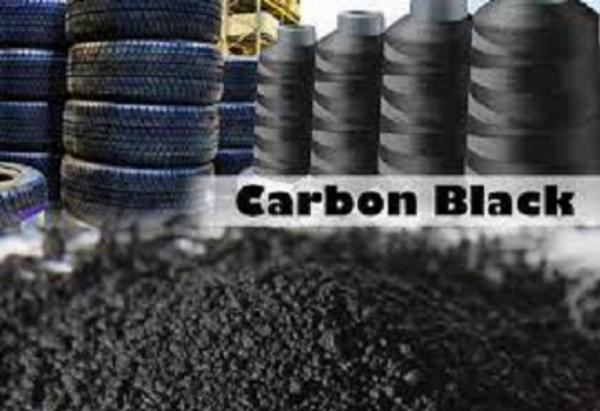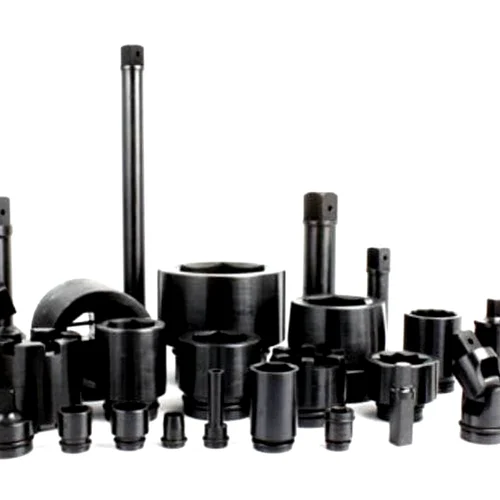Investing in Chevron: A High-Yield Energy Stock with Long-Term Potential Despite Recent Headwinds
Key Points:
- The energy sector has been out of favor, leading to a significant decline in most energy companies.
- Chevron (NYSE: CVX) is a high-yield energy stock that has lagged behind its closest peer, ExxonMobil.
- Despite facing some company-specific headwinds, Chevron's strong balance sheet and high dividend yield make it a compelling investment opportunity.
- Oil prices have declined by around 50% since peaking in 2022, impacting energy stocks negatively.
- Chevron is an integrated energy company with exposure to the entire energy value chain, providing material balance to its business.
- The proposed acquisition of Hess and investment in Venezuela have been company-specific headwinds for Chevron.
- Chevron's nearly 4.7% dividend yield is a significant advantage compared to Exxon's 3.5% yield and the industry average of around 3.5%.
- Investing in Chevron could be a smart move given its strong financial position and high dividend yield, even though it wasn't identified as one of the 10 best stocks by the Motley Fool Stock Advisor.
What is going on with oil prices?

Oil prices have been known to fluctuate dramatically and swiftly. During the coronavirus pandemic, oil prices plummeted, only to rally strongly after the pandemic. However, after peaking in 2022, oil prices have slowly declined by around 50%. Even with the recent price increase due to geopolitical concerns, oil prices are still down nearly 50%. This has had a notable impact on energy stocks, which are down a touch over 10% using the Energy Select Sector SPDR ETF as an industry proxy. Chevron, however, is down a bit more than 20% from its peak.
What does Chevron do?
Chevron is an integrated energy company with exposure to the entire energy value chain, providing material balance to its business. This diversification helps to smooth out the industry's commodity-driven ups and downs. Both Exxon and Chevron have very strong balance sheets, with Exxon's debt-to-equity ratio being an ultra-low 0.15x and Chevron's close behind at 0.2x. This gives both companies a greater ability to lean on their balance sheets during energy downturns to support their businesses and dividends.
Why is Chevron's stock down so much more than Exxon's?
The proposed acquisition of Hess has turned out to be more complicated than expected, and Chevron's investment in Venezuela has become a political issue. These company-specific headwinds will take some time to work through but are unlikely to derail Chevron over the long term. Investors are reacting by punishing the stock.
A high-yield opportunity
Chevron's nearly 4.7% dividend yield is a significant advantage compared to Exxon's 3.5% yield and the industry average of around 3.5%. If you can stomach investing against the crowd, Chevron is a high-yield energy stock that you may want to add to your portfolio today and hold for the long term. Once this financially strong integrated energy company works through its headwinds, Wall Street will likely reward it with a higher valuation. And in the meantime, you can collect the historically reliable dividend stock's outsized yield.
Braving the recent industry challenges, investing in Chevron presents a strong case for long-term advantages with its high yield and potential growth amidst stable energy demand trends.
Investing in Chevron offers a strategic balance between immediate dividend yields and long-term sustainable growth potential, making it an attractive high yield energy stock amidst recent market headwinds.
Despite facing temporary headwinds, investing in Chevron offers the stability of a high-yielding dividend stock with strong longevity and potential amidst continued demand for reliable energy sources.
Despite recent fluctuations in the market and industry headwinds, investing in Chevron serves as a reliable high-yield energy stock with longstanding expertise that enhances its appeal for those looking to secure steady returns while capitalizing on opportunities within an ever resilient sector.
Chevron's resilience in delivering high dividends alongside its strategic investments underpinning long-term growth potential, despite present market challenges, renders it an attractively positioned energy stock investment for discerned investors.
Despite short-term headwinds, Chevron' s high yield and robust longevity in the energy sector make it a strategic investment with potential to weather market storms while providing consistent returns.
Despite recent market volatility and headwinds facing the energy sector, investing in Chevron remains an attractive proposition for long-term gains with its history of reliable dividend payments despite challenges.
Chevron remains a steadfast investment choice amidst the recent market turmoil, offering high yields complemented by its robust long-term potential in an energy sector increasingly pointing towards renewable yet still reliant on fossil fuels.














